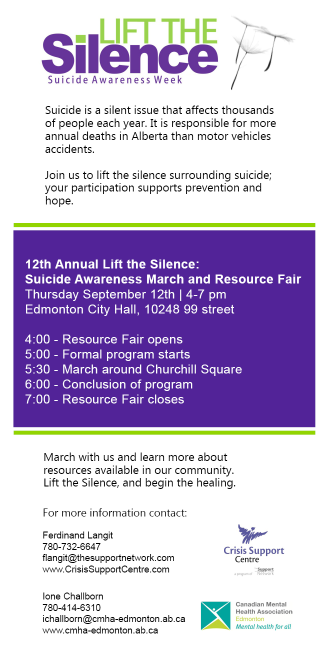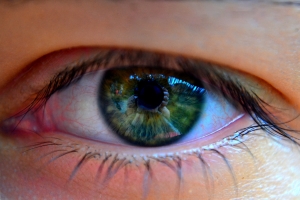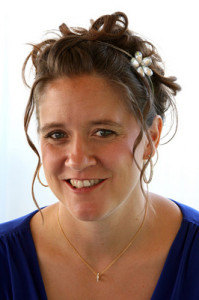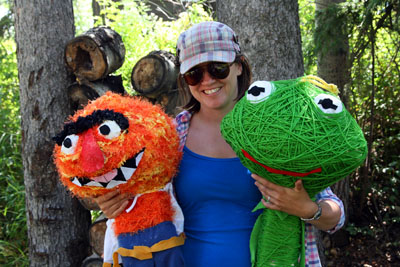 The first funeral I ever attended was the funeral of a friend’s father. I will never forget the sound of my friend’s sister sobbing throughout the service. It was an excruciatingly painful sound that expressed her devastation more accurately than words ever could. She was only in her early teens.
The first funeral I ever attended was the funeral of a friend’s father. I will never forget the sound of my friend’s sister sobbing throughout the service. It was an excruciatingly painful sound that expressed her devastation more accurately than words ever could. She was only in her early teens.
I was in high school and had very limited experience with death. A group of us decided to attend the service to support our close friend. We didn’t know his dad but we were all in shock. Sadly this meant that none of us called him for days after his dad died. We were too immersed in our own reactions to be compassionate enough to pick up the phone.
His dad had killed himself and I don’t think any of us were mature enough to digest the magnitude of what that meant. At the end of the service I could barely even mumble out condolences or a hug. To this day I am ashamed that I didn’t reach out to him more.
My friend’s father had decided to end his life and leave his children to grieve. I can’t even imagine how bad things have to be and how worthless a person has to feel to make that choice. As a parent now I can’t even fathom it. He had his reasons and I have no desire to judge them. That isn’t the point. The point is that there are other options, in that moment he just couldn’t see them.
Over my years working in suicide prevention and suicide bereavement, I have heard everything from “that is selfish” to “they didn’t deserve to live if they are gonna throw it all away like that” or “they are going to hell.” Regardless of your personal values and belief systems, I have never found these statements very comforting to suicidal people or to the survivors they leave behind.
Making dismissive statements is a way of simplifying a problem and deluding ourselves into believing it couldn’t happen in our lives or to the people we love. We like to believe that we are better parents, friends, or family than those “other people” and therefore a suicide won’t happen in our lives. Well sadly it can. As a society I believe our lack of compassion is part of the problem.
According to Alberta Health Services: “Suicide is consistently a leading cause of death among Albertans. Suicide claims more lives annually than other more openly discussed issues such as motor vehicle collisions, AIDS or homicides.” In my career as a therapist I can tell you that most of the people that walk into my office have thought about it or attempted suicide at some point in their lives.
My friend’s father killed himself. It started a chain of events in my life that lead me to the work I do. Even though I didn’t know him, his life and death have value to me. Over the course of my life I have had the privilege of talking to survivors and walking with them in their grief journey. I have spoke to people who have lost children, partners, sisters, brothers, parents and friends. Most of them believed it couldn’t happen to them until it did. The aftermath of a suicide is devastating but one of the things these people have taught me is that their loved ones were more than the last few minutes, hours or days of their lives.
They were people with families and friends that had rich and meaningful lives. They meant something to those that loved them. While many struggled with depression or alcoholism or were victims of abuse, there were also times in their lives of great joy and connection. They were more than their final decision. Their lives had value and shouldn’t be judged entirely by those painful moments. Their death was a tragedy and sadly an avoidable one.
Suicide Awareness Week begins on September 8th. Take a moment to educate yourself on the warning signs of suicide or get help if you need it by checking out the information at the Crisis Support Centre. Join the Support Centre and the Canadian Mental Association in their annual Lift the Silence Walk on Thursday September 12, 2013 from 4-7pm at Edmonton City Hall. Shame is the disease, and courage is the cure.








